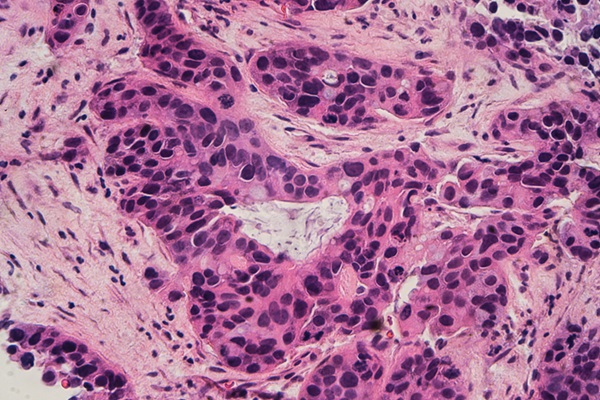New AI-System Detects Breast Cancer with Almost 100% Accuracy
Posted on 27 Jun 2024
Breast cancer represents 30% of all new cancer diagnoses in women annually, with projections from the American Cancer Society indicating that 42,500 women will succumb to the disease in 2024. Researchers have now developed a new artificial intelligence (AI) architecture capable of detecting breast cancer with a remarkable 99.72% accuracy, demonstrating the potential to redefine digital pathology.
This development follows a previous initiative by the same research team at Northeastern University (Boston, MA, USA) which launched a web-based AI application aimed at diagnosing prostate cancer more efficiently and accurately. These projects are part of a broader effort to establish an online platform that allows physicians to utilize advanced AI techniques for diagnosing various cancers. For the breast cancer project, the research team utilized the publicly accessible Breast Cancer Histopathological Database, which includes images of both malignant and benign breast tissues. Leveraging this resource, they built an ensemble deep learning model that integrates multiple models to enhance diagnostic precision and minimize errors, training it on the provided breast tissue imagery.

The AI system analyzes high-resolution images to identify cancerous patterns, learning from historical data to refine its diagnostic capabilities. This AI model is designed not to overlook any tumors in biopsies and maintains its efficacy regardless of the number of analyses performed. The goal is for this technology to not only expedite and improve patient treatment but also aid in the development of new AI models. These models could potentially diagnose rare and less common cancers, which traditionally suffer from a lack of available patient data.
“It’s like taking the diagnosis of multiple doctors and you vote to pick the best decision,” said Saeed Amal, Northeastern research professor of bioengineering who led the research team. The researchers' findings were published in the journal Cancers on June 14, 2024.
Related Links:
Northeastern University
Breast Cancer Histopathological Database









 (3) (1).png)




